
Marketing IS Oxygen
It’s true. Without effective marketing, your business would shrivel up and die. As a living being, breathing is vital to our existence. Your business, nonprofit, or practice sort of mirrors that same necessity. It only makes sense to keep your business, nonprofit, or practice “alive” and growing in an oxygen-flowing rhythm.
I work primarily with nonprofits, ministries, wellness practitioners, dentists, and physicians, but every small business owner is always in the market for new clients, customers, or patients. Every business owner of every type suffers from the same constraints.
For one example, the field of dentistry is rife with competition, and the stand-alone practitioner is becoming increasingly under attack from corporate dental outfits.
As for physicians, if they’re not “hospitalists” and have regular patient visitations, they are always hoping to take on new patients.
Wellness practitioners like chiropractors and others struggle constantly to keep the flow of new clients coming through the door. Small business owners are forever wondering how to keep the doors open and customers buying enough to turn a profit. It’s the same situation for nearly everyone who does not have a firm handle on the marketing and sales end of the business. They’re almost on life support, so to speak.
Marketing is the oxygen that keeps the business breathing, sustainable, and growing. Yes, you are a business owner, and businesses rely on effective marketing.
However, nonprofits, dentists, some doctors, anyone who books appointments to make their living, and any other type of specialist profession -school failed you in so many ways. I’m confident your entire education included everything to be a great practitioner, advisor, accountant, etc. Upon graduation, you received a pat on the back, loads of “attaboys” & “attagirl,” and healthy and hearty “Good Luck” wishes. You also walked away with sizable student loan repayment debt large enough to be its planet.
The main reason why people go into business is to take control of their lives. They trade working for someone else and choose to rely on themselves, and their ability to make a difference.
Herein lies the rub for all the professionals just mentioned. School failed you. Where were the courses for business administration? Where was all the marketing training? You learned how to be the technician of the business, but not an owner of a business.
That’s where the spaceship leaves the docking station and goes into open space without a fixed trajectory. Unless you’ve got the skill level to navigate outer space, you’re relying on luck.
How does one market a business? Ads in the local paper? Postcards in the neighborhood? A Billboard at each end of town? Sponsoring the local youth ball teams? Videos on YouTube? Facebook Live? What about webinars? Tele-seminars? Direct mail? All of the above? None of the above?
To the average small business owner, it’s anybody’s guess.
Here’s another all too familiar, inadvertent error. Someone’s niece or nephew (or a staff member) who claims to know about social media gets asked to “market” the business to reach new prospective buyers. What do they know other than “likes and shares?” You cannot pay the mortgage with either of them.
Or, to keep up with your neighboring competition, you hire someone to buy Facebook and Google Ads and have yet to learn why they cost so much for so little in return.
Still worse, even if you obtain some new donors, clients, or customers, you don’t know what’s working and what’s not. What is a good return on investment for your marketing investment?
I’ve uncovered all this “spaghetti tossing against the wall” style marketing and much more in floundering businesses everywhere. It’s epidemic in proportion to the rest that have it tuned in.
One business or practice often copies from another, thinking, “If this stuff is working for them, it should work for me.” Not necessarily. What do those who “market’ according to unfounded beliefs fail to consider? From whom are they copying get their marketing approaches? A knowledge-based approach.
This issue is no laughing matter. The blind and mute leading the same is a pause for genuine concern. Local markets are different, and neither are patients. For instance, marketing to an entire zip code probably contains households living paycheck to paycheck as well as working managers, supervisors, and executives. It would be best if you considered where the best opportunities are for the least amount of marketing spend.
Return on investment means a great deal to those who depend on booking appointments and retaining donors, customers, or clients for the long term.
Imagine canvassing your area; you spot Bubba sitting on the porch in his wife-beater t-shirt, spitting tobacco saliva into the grass. He’s drinking a beer at 2:00 pm and has two broken-down cars in the front yard. A washing machine and a ratty old couch are on the porch alongside him.
Do you honestly think Bubba and his family are concerned about regular wellness maintenance and prevention?
Four blocks over, the homes are well-kept, grass and shrubs are neatly trimmed, and relatively new autos are parked in the driveway. No debris, junk, or unkempt houses are on the entire street. The landscape is terrific.
Why waste your money sending postcard mailings to Bubba and his neighbors when you can easily target homeowners block by block? The Post Office has means to help with that sort of thing.
This brings me to another point; identifying ideal leads. We just scratched the surface of this aspect of marketing. Who IS your perfect avatar/persona? Where do they live, work, and play? What’s their income, education, and size of their family? There are a lot of demographics, psychographics, and geographic answers to define before you can even begin to market your business.
From where do your ideal avatars receive their information? Do they even hang out on Facebook or the internet at all? To what magazines do they subscribe? How do they evaluate quality vs. value? What about special needs? Are they young, old, or middle-aged?
Where do your existing leads live? How far away from you are they from you, and will they commute to be treated in your business? I live on the Gulf Coast of Florida. Would I go to Jacksonville to a chiropractor?
Before you even consider creating a marketing strategy, there is a boatload of questions to define answers. You can’t play Pin the Tail on the Donkey with marketing, or you’re likely to be the ass.
Marketing isn’t an industry where anyone can effectively perform it. Heck, even the so-called gurus get it wrong once in a while.
In these times of critical uncertainty, it pays to manage your marketing dollars more than ever. There’s no room for trial and error.
Every idea to be tried must be tested before enacting. I’m sure you’ve heard fellow businesspeople in your town ask, “Have you ever tried direct mail?”
The typical response is something like, “Yeah, I tried it. It didn’t work.” I’d bet a new car on the fact that they didn’t go through the Q&A scenario we just discussed. Nor did they test their headline, content, graphic, or even the envelope color or the address’s ink color. They reached for the pin and transformed into an ass.
When the day comes that your business isn’t growing, it’s dying. This fact is a stone-cold reality in any business. Grow or Die. It’s the battle cry of successful entrepreneurs.
There are books written on the subject of direct response marketing. How many have you read? How much direct-response marketing have you used to grow your business?
Here’s a special TREAT for anyone who reads this during the first half of 2023. Until May 31, 2023, anyone who sends an email to me requesting a free bundle of marketing materials, including the complete course on Magnetic Marketing by the world-renowned Mr. Dan Kennedy. His 25th-year expanded course includes everything from the oral, visual, and written content – worth $500 +. Email me at davidjdunworth@gmail.com with the Subject Line – Free Share Bundle Request and I’ll send a digital copy of 16 items free. I’ll also through in a 90-minute free consultation – NO SELLING! If you know me you know I love giving. *

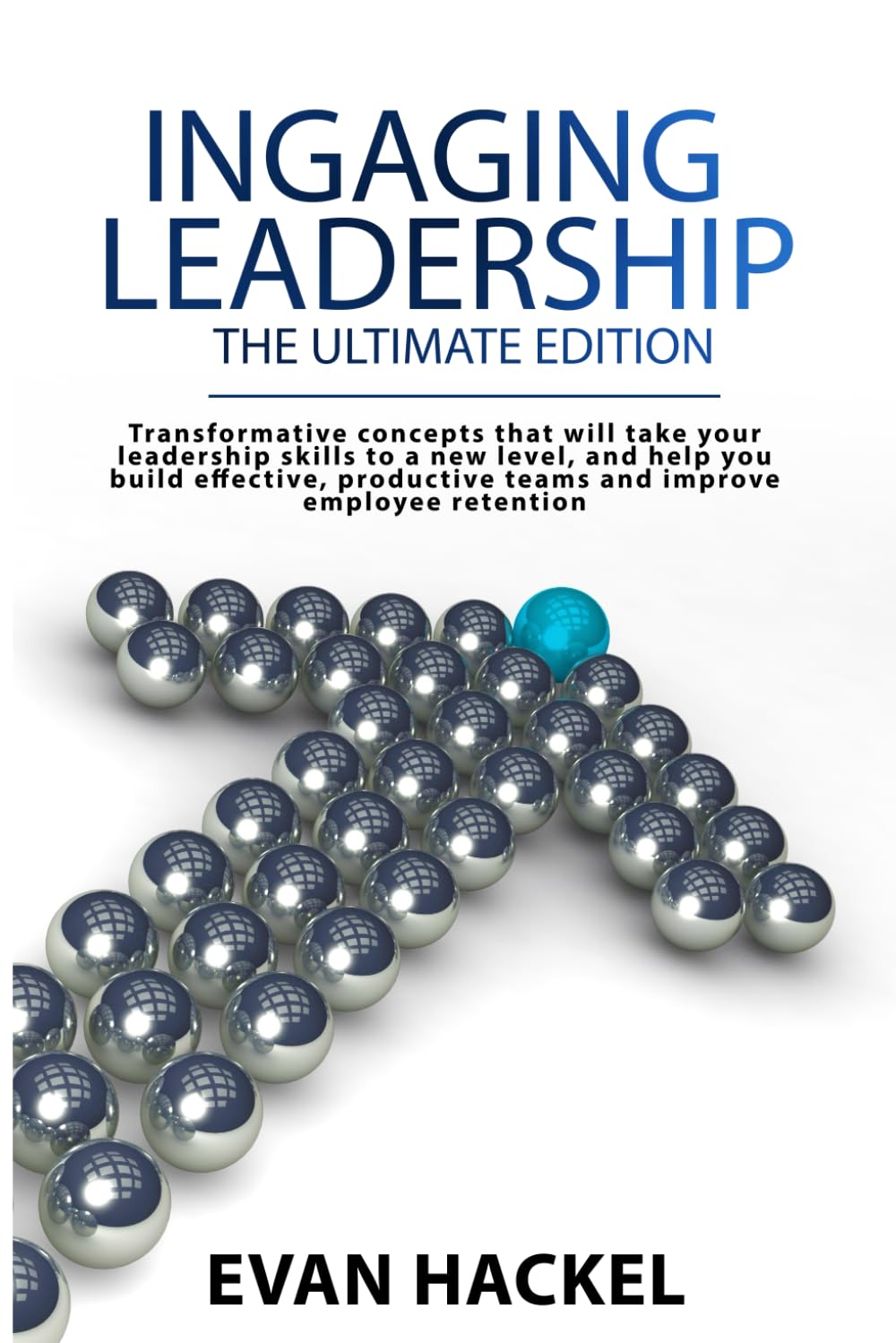



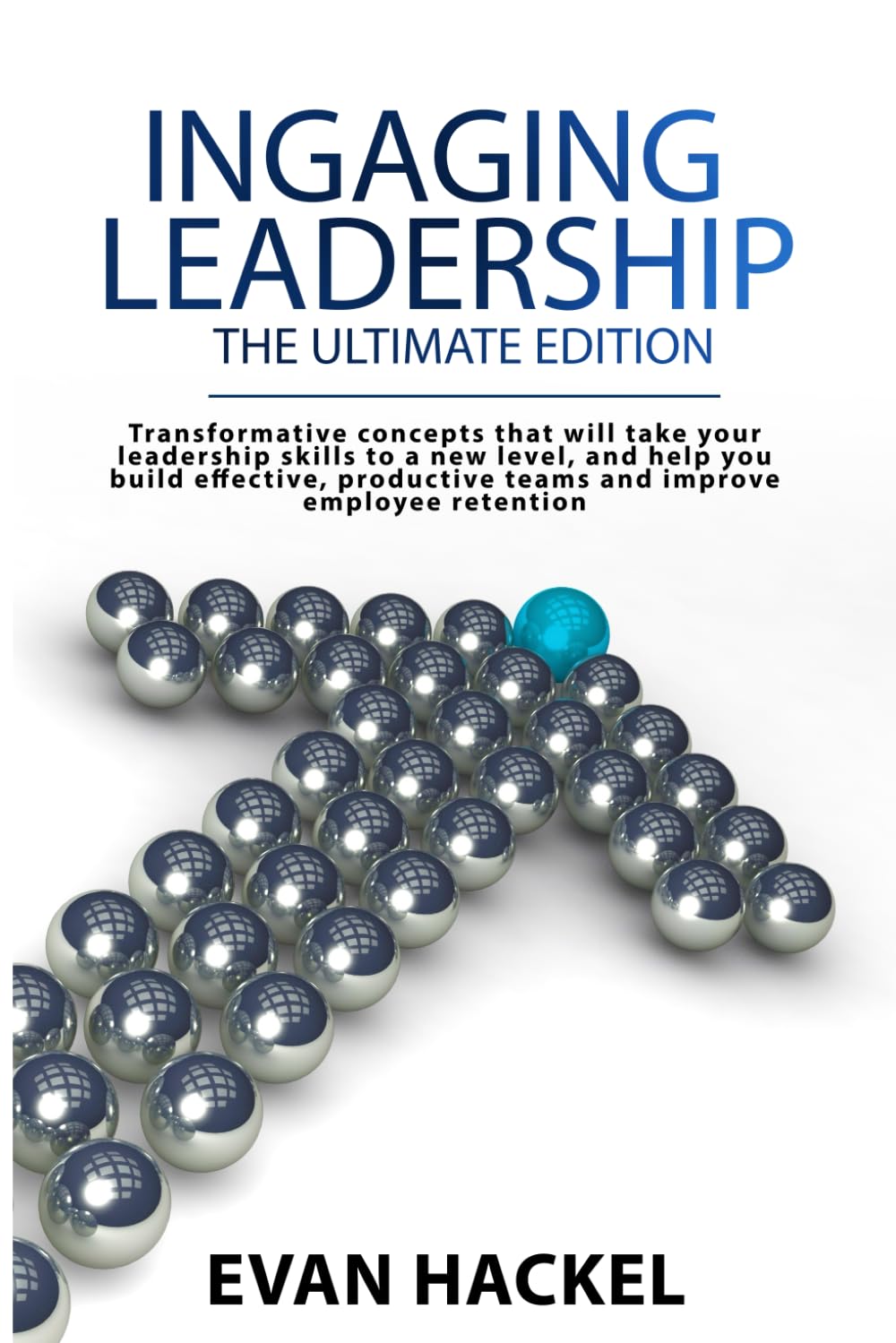
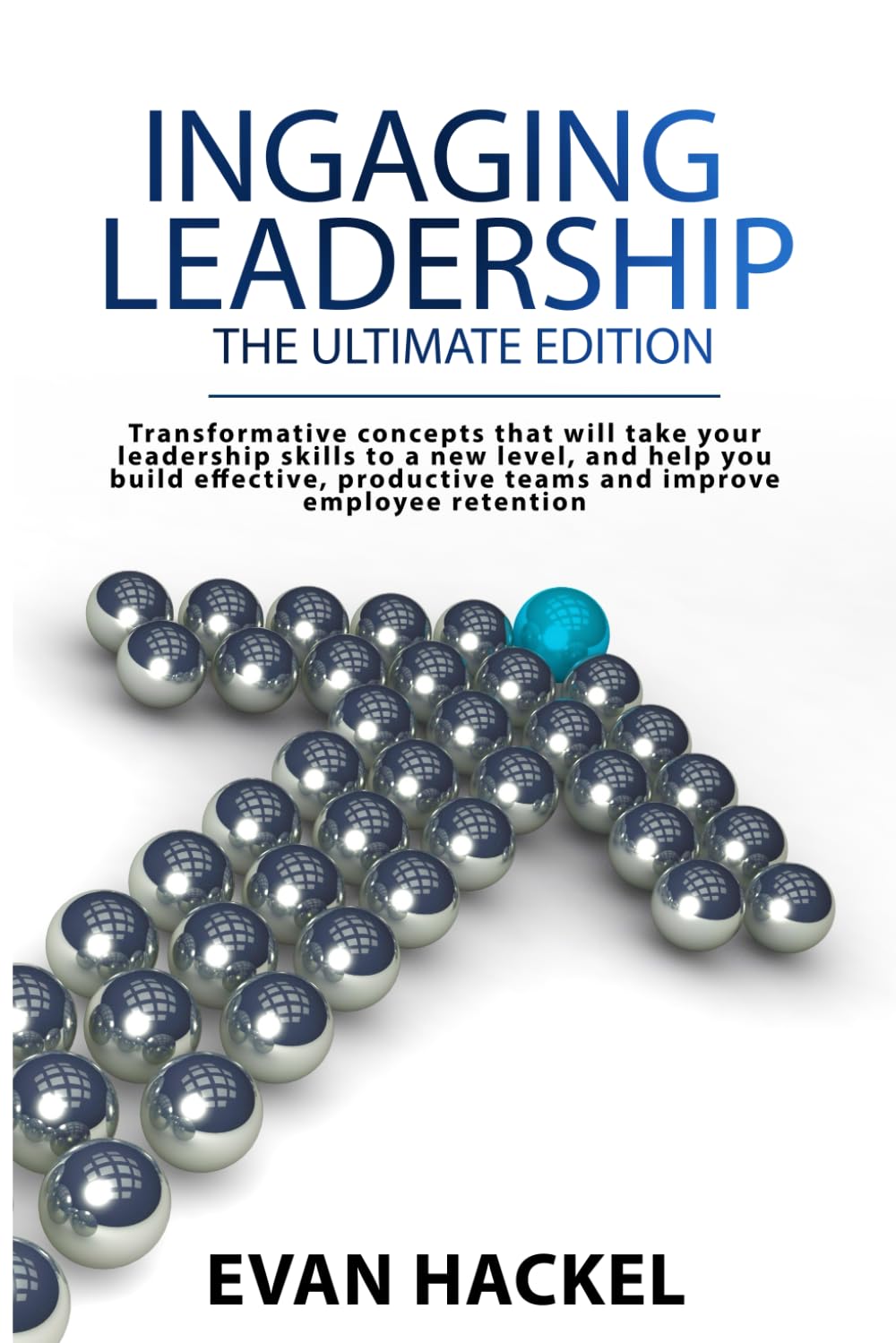


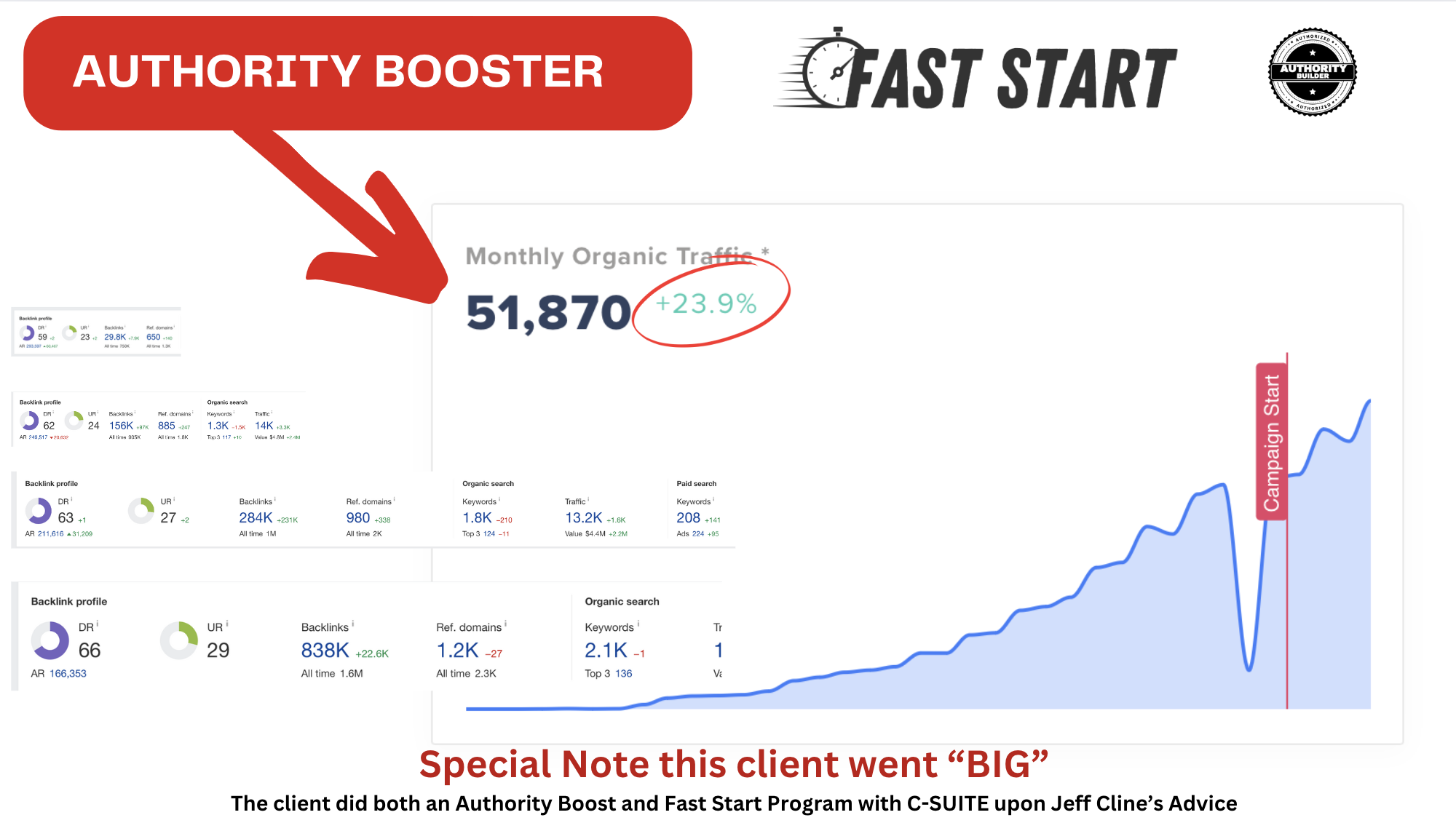
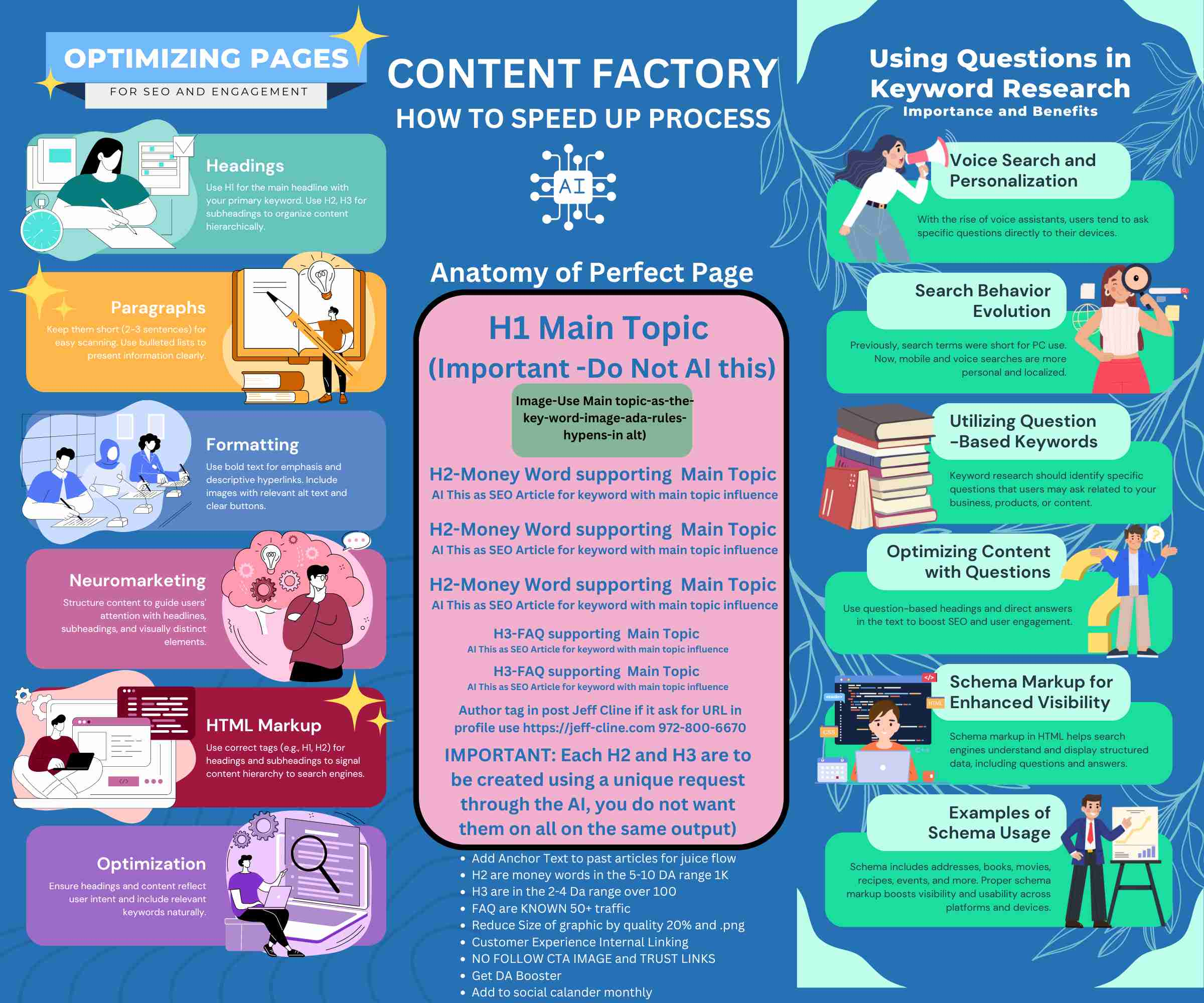
-668d9c79f2d58-1200x675.jpg)